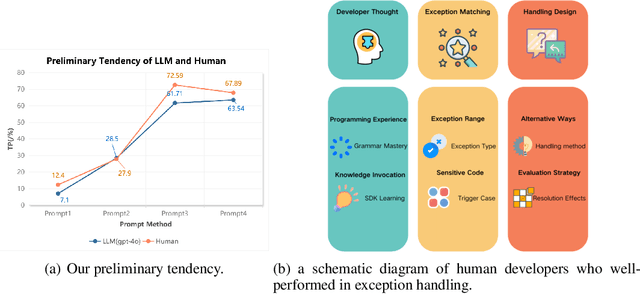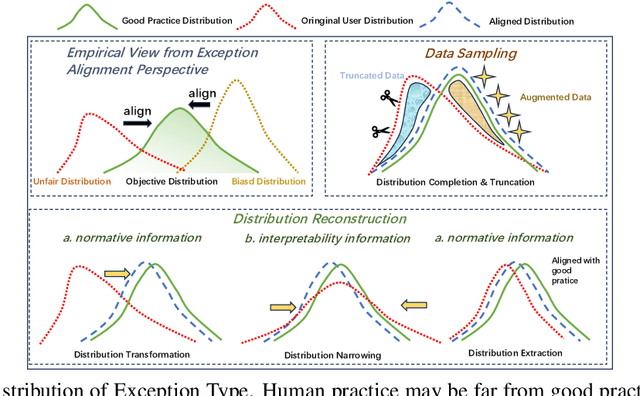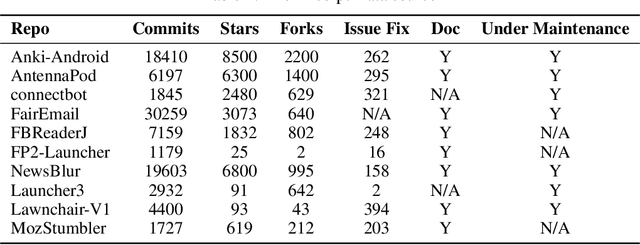Seeker: Enhancing Exception Handling in Code with LLM-based Multi-Agent Approach
Paper and Code
Oct 09, 2024



In real world software development, improper or missing exception handling can severely impact the robustness and reliability of code. Exception handling mechanisms require developers to detect, capture, and manage exceptions according to high standards, but many developers struggle with these tasks, leading to fragile code. This problem is particularly evident in open source projects and impacts the overall quality of the software ecosystem. To address this challenge, we explore the use of large language models (LLMs) to improve exception handling in code. Through extensive analysis, we identify three key issues: Insensitive Detection of Fragile Code, Inaccurate Capture of Exception Types, and Distorted Handling Solutions. These problems are widespread across real world repositories, suggesting that robust exception handling practices are often overlooked or mishandled. In response, we propose Seeker, a multi agent framework inspired by expert developer strategies for exception handling. Seeker uses agents: Scanner, Detector, Predator, Ranker, and Handler to assist LLMs in detecting, capturing, and resolving exceptions more effectively. Our work is the first systematic study on leveraging LLMs to enhance exception handling practices, providing valuable insights for future improvements in code reliability.
 Add to Chrome
Add to Chrome Add to Firefox
Add to Firefox Add to Edge
Add to Edge